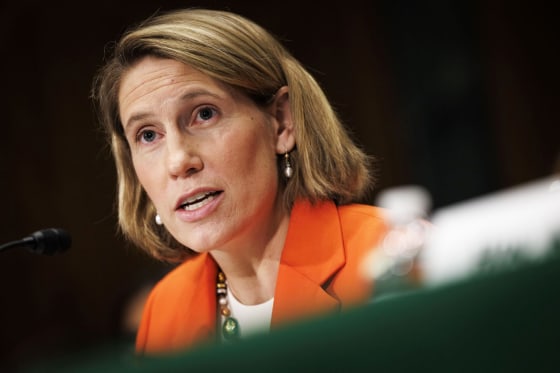Crypto Regulation in the US: Senate Debate, Stablecoins, and the Path Forward

Crypto continues to reshape the financial world, offering new opportunities and challenges for regulators and investors alike. Recent debates in the US Senate highlight the evolving landscape of digital currencies, especially stablecoins, and shed light on the future of crypto legislation in the United States.
Senate Showdown: The Battle Over Crypto Policies
The push to regulate crypto reached a critical moment with the Senate's consideration of the GENIUS Act. This bill aimed to bring clarity to the use of stablecoins—a type of digital asset pegged to traditional currencies, like the US dollar. However, political divisions surfaced, and the bill failed to advance. According to Axios, Democrats sought changes to protect consumer interests, while Republicans believed further debate was unnecessary. The close 49-48 vote shows how contentious crypto remains on Capitol Hill.
Key concerns included the lack of strong anti-money laundering safeguards and questions about national security. Some Democrats worried that crypto could enable corruption, citing former President Trump's alleged crypto dealings as a motivating factor for stricter rules. In-depth coverage from CNN Politics explains how these concerns influenced leading senators to block the bill, despite broad agreement that regulation is necessary.
Understanding Stablecoins and Their Role in Crypto Markets
Unlike more volatile cryptocurrencies, stablecoins are designed to maintain a steady value by being tied to a real-world asset, such as the dollar. They have become vital tools for exchanges and financial institutions needing to quickly move value globally. As NBC News explains, most consumers don't use stablecoins directly. Instead, these digital dollars enable back-end operations, facilitating fast and stable transactions between crypto and traditional financial systems.
Despite their benefits, stablecoins operate in a legal gray area. The GENIUS Act sought to address this by establishing rules for reserves, customer protections, and redemption rights. Advocates argue such standards could protect users and help prevent "runs" on digital assets during times of financial stress. Critics, however, worry that current oversight is insufficient and that risks are understated. Regulators continue to debate the best ways to balance innovation with consumer and systemic safety.
The Regulatory Road Ahead for Crypto in the US
The collapse of the recent legislation highlights deep divisions within Congress, but it also signals ongoing interest in crafting effective crypto policy. Policymakers face the challenge of supporting innovation while guarding against fraud and instability. Ongoing negotiations suggest more bills will emerge as lawmakers seek to provide clear guidance for the growing crypto industry.
For investors, businesses, and everyday users, understanding the latest regulatory shifts is crucial. Staying up to date with trustworthy sources, such as recent analyses from Axios and NBC News, will help navigate the changing landscape. As digital assets continue to evolve, clear rules will play a key role in shaping the future of crypto in the United States.
Conclusion: Stay Informed as Crypto Evolves
Crypto regulation in the US remains a moving target with ongoing Senate debates and new proposals on the horizon. Whether you are an investor or simply curious about digital currencies, staying informed is essential. Keep an eye on further developments as lawmakers strive to balance security, innovation, and opportunity in the world of crypto.